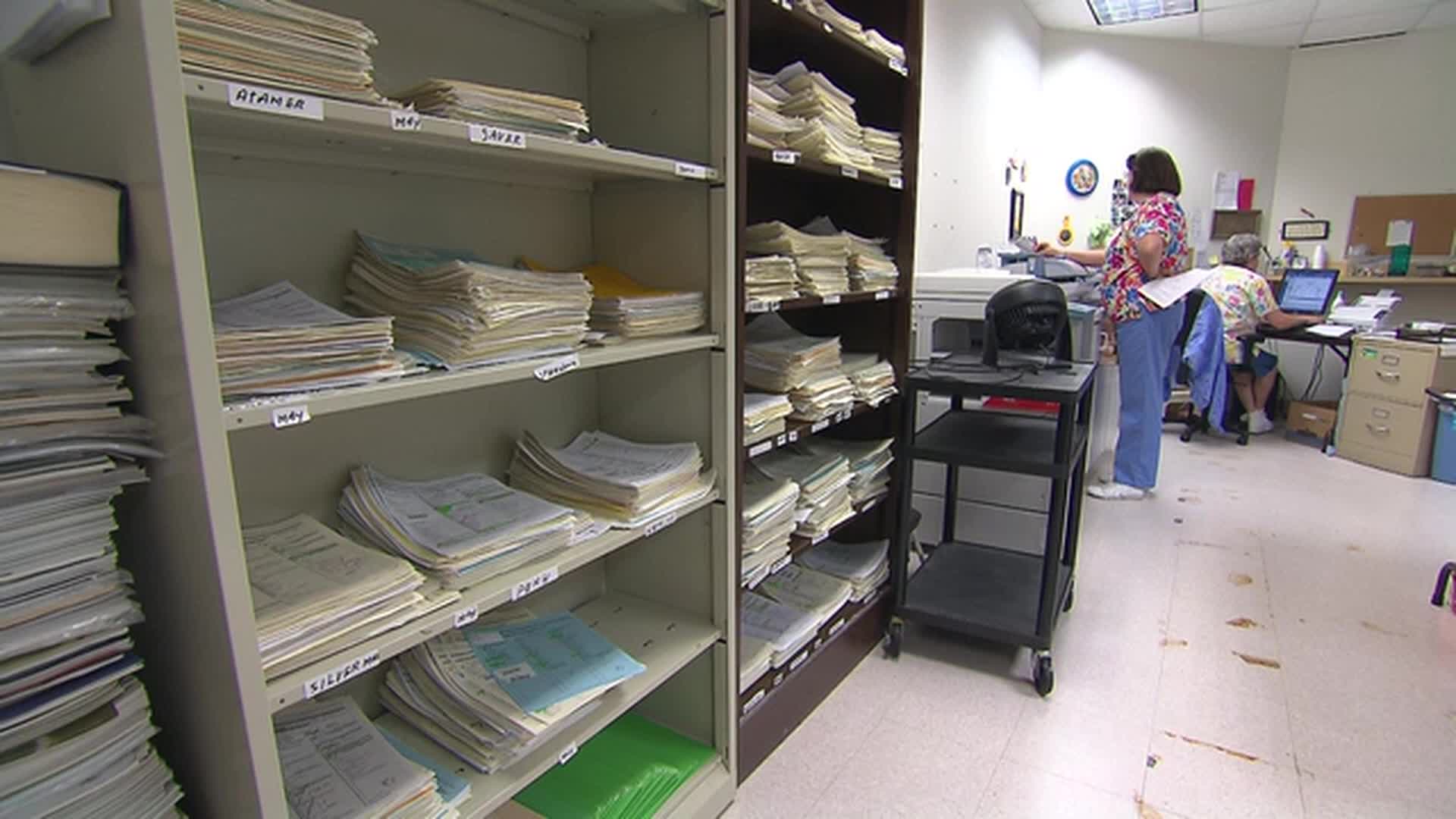The Federal Trade Commission (FTC) of the United States has made public its decision concerning Mars Inc.’s significant $36 billion purchase of Kellanova, declaring that the merger does not present any competitive threats. This pivotal decision carries important consequences for the food and beverage sector, especially considering the continuous debates about market consolidation and competition.
The FTC’s assessment comes after a thorough review of the merger, which has garnered attention due to the size of the deal and the prominent positions both companies hold in their respective sectors. Mars, known for its extensive portfolio of confectionery products, pet care items, and food brands, is set to integrate Kellanova’s offerings, which include various snacks and packaged foods. The merger is viewed as a strategic move to enhance Mars’ market presence and diversify its product range.
Durante su evaluación, la FTC centró su atención en varios factores importantes para decidir si la fusión obstaculizaría la competencia en el mercado. Una de las principales preocupaciones fue el efecto general sobre los consumidores, como aumentos potenciales en los precios, disminución en la calidad del producto y opciones limitadas. Tras un análisis minucioso, la agencia concluyó que la fusión no disminuiría significativamente la competencia ni perjudicaría de manera material a los consumidores.
La decisión está en línea con los objetivos generales de la FTC de promover una competencia equitativa en el mercado. Al permitir que la fusión avance, la agencia subraya su compromiso con crear un entorno donde las empresas puedan innovar y expandirse sin las limitaciones de una intervención regulatoria excesiva. Este enfoque demuestra una comprensión matizada de las complejidades relacionadas con las fusiones y adquisiciones a gran escala, especialmente en industrias que se caracterizan por una rápida evolución y cambiantes preferencias de los consumidores.
This ruling is particularly noteworthy in an era where antitrust scrutiny has intensified across various sectors. The FTC and other regulatory bodies have been increasingly vigilant in assessing the competitive implications of mergers, especially in industries where a few major players dominate the market. The Mars-Kellanova deal represents a significant test case for how regulators evaluate potential threats to competition in the food and beverage landscape.
Industry analysts have pointed out that the merger could create new opportunities for both companies. By combining resources and expertise, Mars and Kellanova can potentially enhance their product offerings and reach a broader audience. The integration of Kellanova’s products into Mars’ distribution network may lead to improved efficiencies and innovation, ultimately benefiting consumers through a wider variety of choices.
Nevertheless, not everyone agrees with the merger. Certain stakeholders have expressed worries about the concentration of power in the food sector, suggesting that having fewer companies with greater market dominance might hinder competition, potentially resulting in adverse effects for consumers over time. These apprehensions underscore the continuing discussion regarding the balance between promoting corporate expansion and sustaining a competitive marketplace.
As Mars prepares to move forward with the acquisition, it will be essential for the company to prioritize transparency and consumer engagement. By keeping the lines of communication open with stakeholders and addressing any concerns that may arise, Mars can help to mitigate potential backlash and build trust within the industry and among consumers.
Anticipating the future, the FTC’s decision regarding the Mars-Kellanova transaction might establish a standard for subsequent mergers within the food and beverage industry. As businesses persist in seeking strategic alliances and buyouts to adjust to evolving market conditions, the regulatory environment will be pivotal in influencing these choices. Regulators will continue to concentrate on maintaining a balance between promoting innovation and ensuring fair competition as they manage the industry’s complex challenges.
In summary, the decision by the U.S. FTC that Mars’ $36 billion purchase of Kellanova poses no anticompetitive threats highlights the agency’s dedication to ensuring fair competition while permitting business expansion. As the merger advances, it will be crucial for both corporations to keep in mind their duties to consumers and the larger market. The result of this transaction might affect future regulatory strategies regarding mergers and acquisitions, marking it as an important event in the changing scene of the food and beverage sector.


